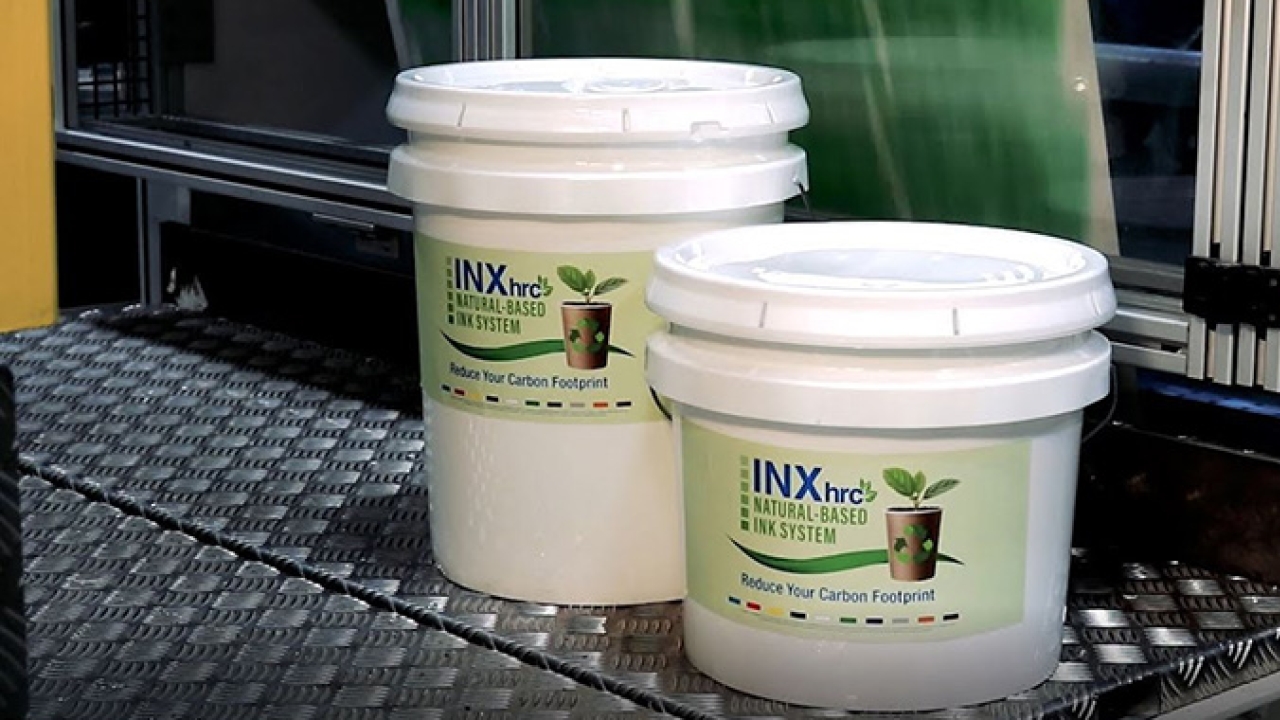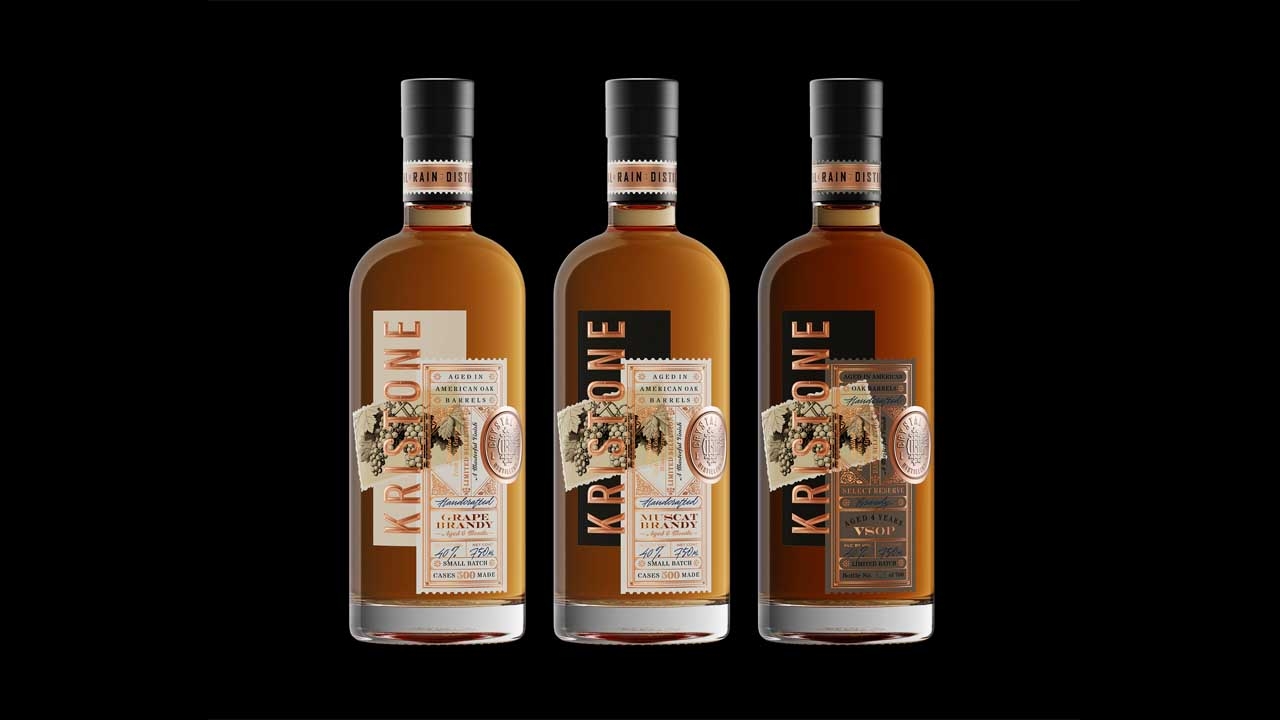Havi recommends INX International’s natural-based inks
Havi, a packaging innovator for leading foodservice brands, has certified Sakata’s Botanical ink brand EcoPlata and INX International’s INXhrc as a natural, clean source and one of the constituent materials of food paper packaging.

Havi focuses on optimizing and managing supply chains, supports some of the world’s most recognizable foodservice brands. Most recently, it has joined forces with McDonald’s Netherlands to create a circular economy partnership.
‘We are pleased with Havi’s selection of our high-performance Botanical and INXhrc inks, which are representative of the efforts we are making in contributing to the realization of a sustainable society. Havi and many other packaging manufacturers are proposing ways to incorporate more sustainable solutions into their packages, including materials such as FSC certified paper,’ commented John Hrdlick, president and CEO of INX International Ink Co.
‘Consumer safety is of the utmost importance to us,’ added Katsuya Tanaka, general manager of international operations of corporate planning at Sakata INX Corp. ‘Safeguarding new developments with food packaging materials is not only good for the environment, but we also want to assure that they do not pose any risks for human health.
‘With that in mind and in support of the United Nations 2030 Agenda for Sustainable Development, Sakata INX and INX International will continue working toward our goal of reducing CO2 emissions by 50 percent, in comparison to 2013 levels, by 2025, or reduce global warming by 1.5 degrees as a level prior to the industrial revolution.’
HAVI has certified and designated the Botanical series and INXhrc for their wide range of environmental benefits. Both were developed utilizing clean, plant-derived, and bio-renewable ingredients while delivering the same performance, quality, and printability as conventional inks.
Another significant aspect these inks possess is the ability to reduce carbon emissions. According to INX, through 2020, INXhrc water, solvent, and conventional offset inks alone contributed to replacing 4.75 million pounds of petro-based chemicals, waxes, and additives. It resulted in the removal of 12.8 million pounds of carbon emissions due to the CO2 footprint being 20-30 percent less than standard aqueous inks.
Stay up to date
Subscribe to the free Label News newsletter and receive the latest content every week. We'll never share your email address.

